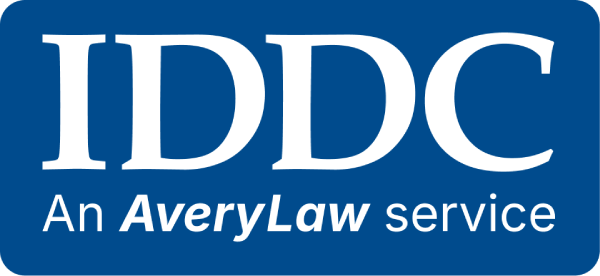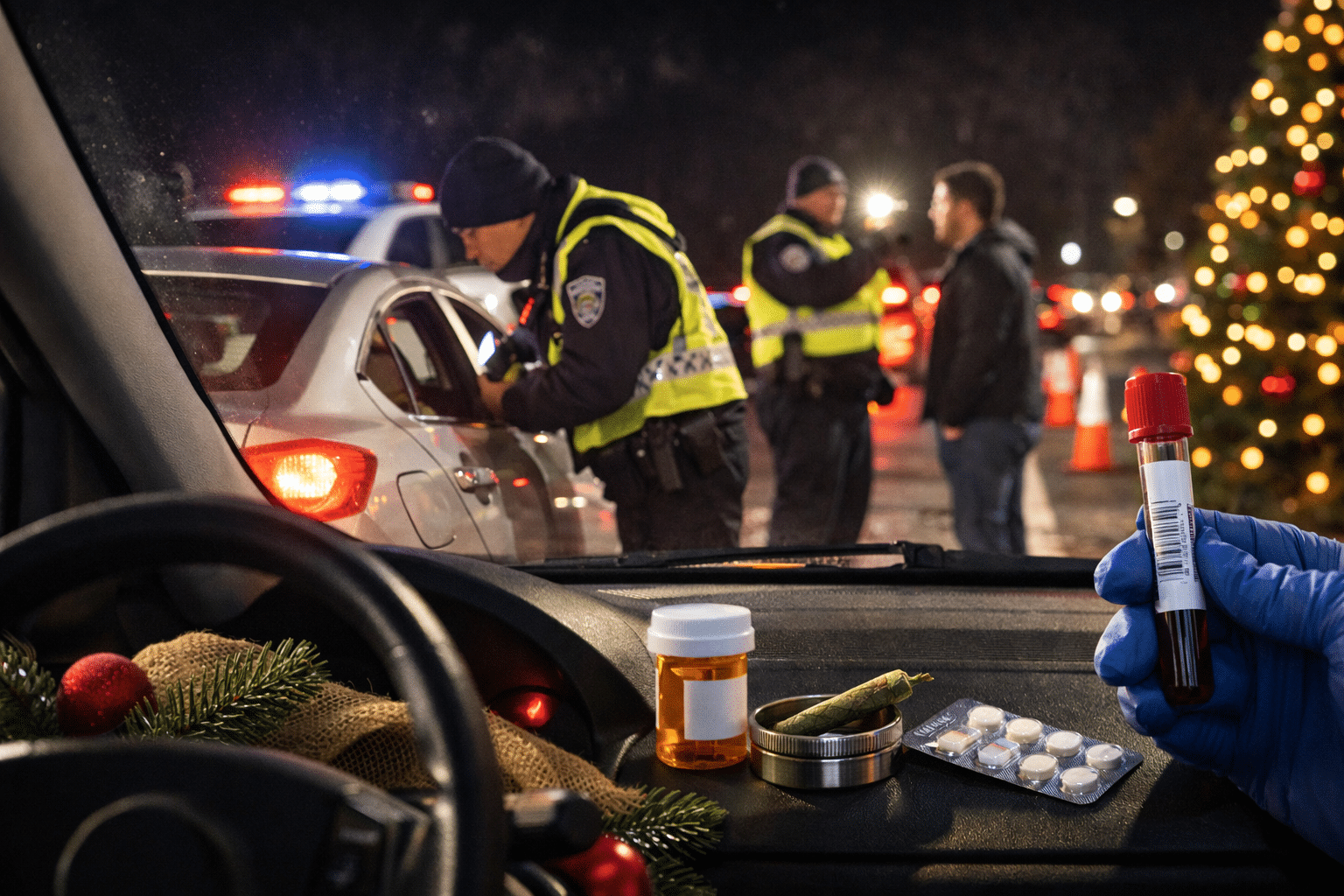Facing a refusal to provide a breath sample charge in Ontario can be a confusing and frightening experience. With significant changes to the Criminal Code since 2018, police now have more authority than ever to demand a breath test—even without suspicion of impairment. Understanding these new laws, including Mandatory Alcohol Screening (MAS), is the first critical step in building a strong defence. At the Impaired Driving Defence Centre, we understand that your professional reputation and future are at stake, which is why we provide an experienced and tactical defence for clients across Ontario, from Toronto to Ottawa and beyond.
1. Understanding Alcohol Screening in Ontario: Three Demand Types
Ontario law authorizes police to demand breath testing under three distinct legal standards:
a) Mandatory Alcohol Screening (MAS)
Since December 18, 2018, police can demand a roadside breath sample—even without suspicion—provided the stop is lawful and the officer has an Approved Screening Device (ASD). Refusal to comply is a criminal offence.
b) Reasonable Suspicion Demand (ASD or SFST)
If an officer reasonably suspects alcohol or drug use based on odor, slurred speech, or other signs then they might have enough reasonable suspicion to demand:
- A breath sample via ASD, or
- A Standardized Field Sobriety Test (SFST)
This suspicion threshold is lower than “reasonable and probable grounds.”
c) Reasonable and Probable Grounds Demand (Arrest-Based Breath or DRE Test)
If the officer has reasonable and probable grounds to believe you were impaired, they can:
- Arrest you
- Administer a formal evidentiary breath demand
- Or order a Drug Recognition Evaluation (DRE), potentially followed by blood or urine testing
This is the highest standard—requiring more than just suspicion and often occurs after noticeable impairment and arrest.
2. Penalties for Refusal Under Any Scenario
Refusing a test under any of these thresholds carries severe consequences, including:
- Criminal penalties: Minimum $2,000 fine, possible jail for repeat offences, driving prohibitions
- Administrative sanctions: Roadside 90-day licence suspension, Roadside vehicle impoundment, ignition interlock, mandatory “Back on Track” program
- Long-term impacts: Criminal record, insurance hikes, travel restrictions, employment challenges
3. How These Demand Types Differ—A Quick Comparison
| Demand Type | Legal Standard | Where Administered | When Used |
|---|---|---|---|
| MAS (Mandatory Alcohol Screening) | None required beyond lawful stop | Roadside via ASD | During any lawful stop, with device present |
| Reasonable Suspicion | Smell, behavior, or admission | Roadside via ASD or SFST | If signs suggest drug or alcohol use, before arrest |
| Reasonable and Probable Grounds | Clear signs of impairment | Police station or DRE site | After arrest, based on clear impairment indicators |
4. What a Skilled DUI Lawyer Can Do for You
Challenge the Legality of the Demand
- Was the device present and immediately available?
- Was the officer justified in forming reasonable suspicion or grounds?
- Were SFSTs administered properly?
Raise Charter-Based Defences
- Unlawful demands can be excluded under Section 8 (unreasonable search) or Section 24(2) of the Charter.
Present Reasonable Excuse
- Valid medical conditions may exempt you—but documentation is essential.
Mitigate Penalties Through Negotiation
- A nuanced defence often leads to reduced penalties or alternative outcomes, especially in cases with procedural flaws.
5. Why You Need an Ontario DUI Lawyer Who Understands These Differences
Navigating MAS, reasonable suspicion, and full impairment demands requires careful legal strategy. A skilled lawyer will:
- Identify which demand was made
- Pinpoint procedural or Charter violations
- Ensure all defences and motions are pursued promptly
At AveryLaw, our 23+ years of DUI defence experience means we know how to evaluate each demand’s legal foundation and protect your rights—without promising specific outcomes.
Final Thoughts & Call to Action
If you’re charged with refusal to provide a breath sample, the first step is knowing which legal threshold applies. Demands based on MAS, reasonable suspicion, or probable grounds offer different paths to challenge.
Contact AveryLaw now for a free, confidential consultation—we’ll assess how the law applies in your case and start crafting your defence right away.













